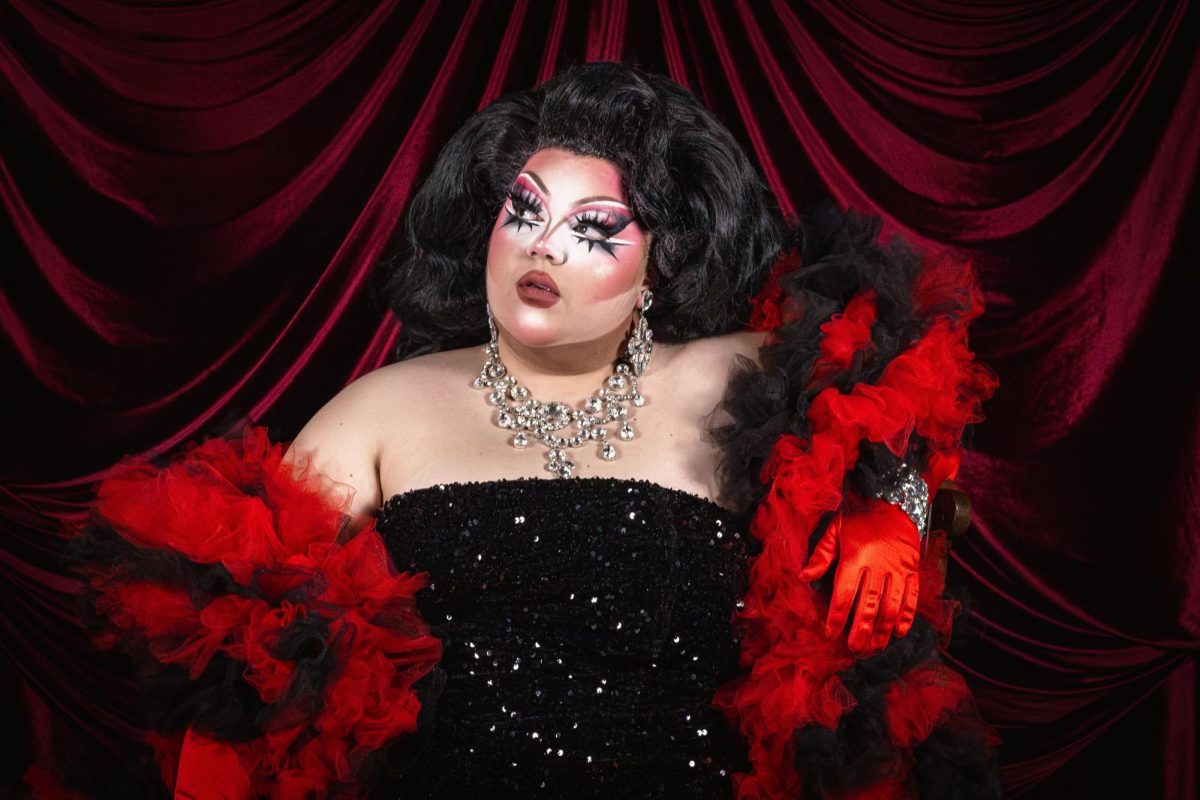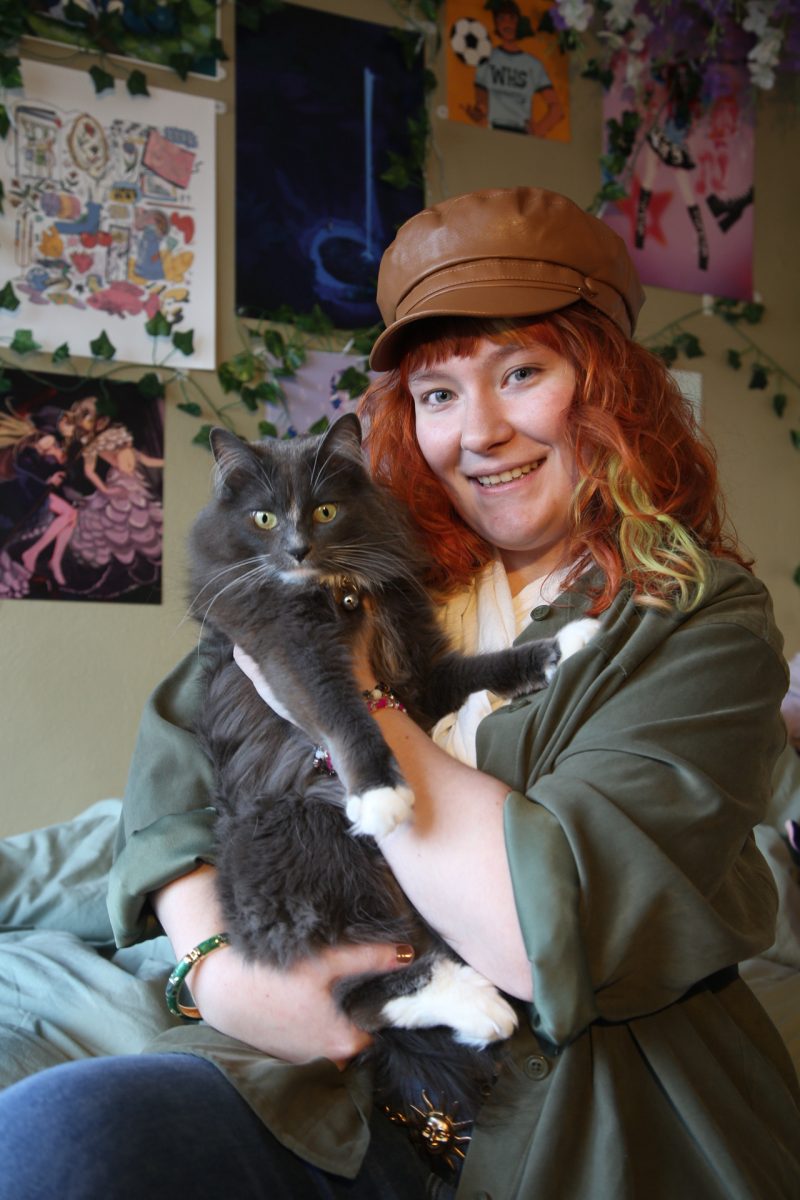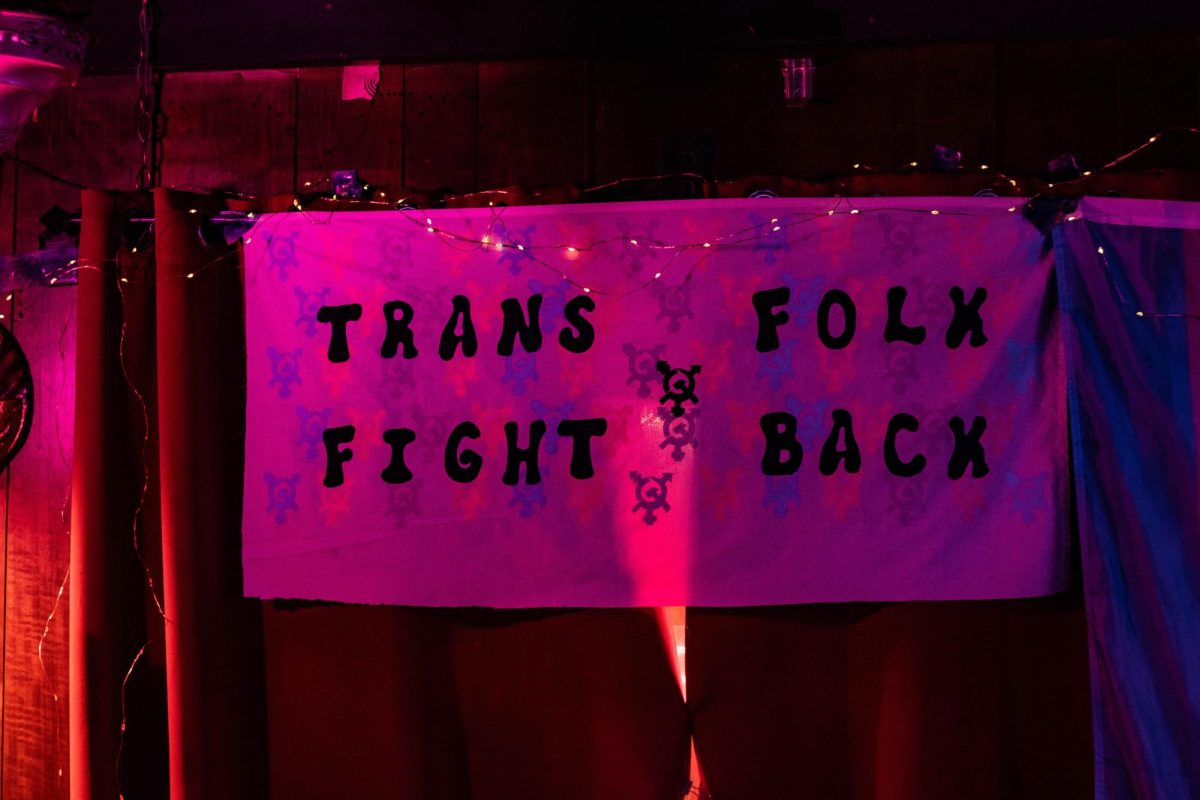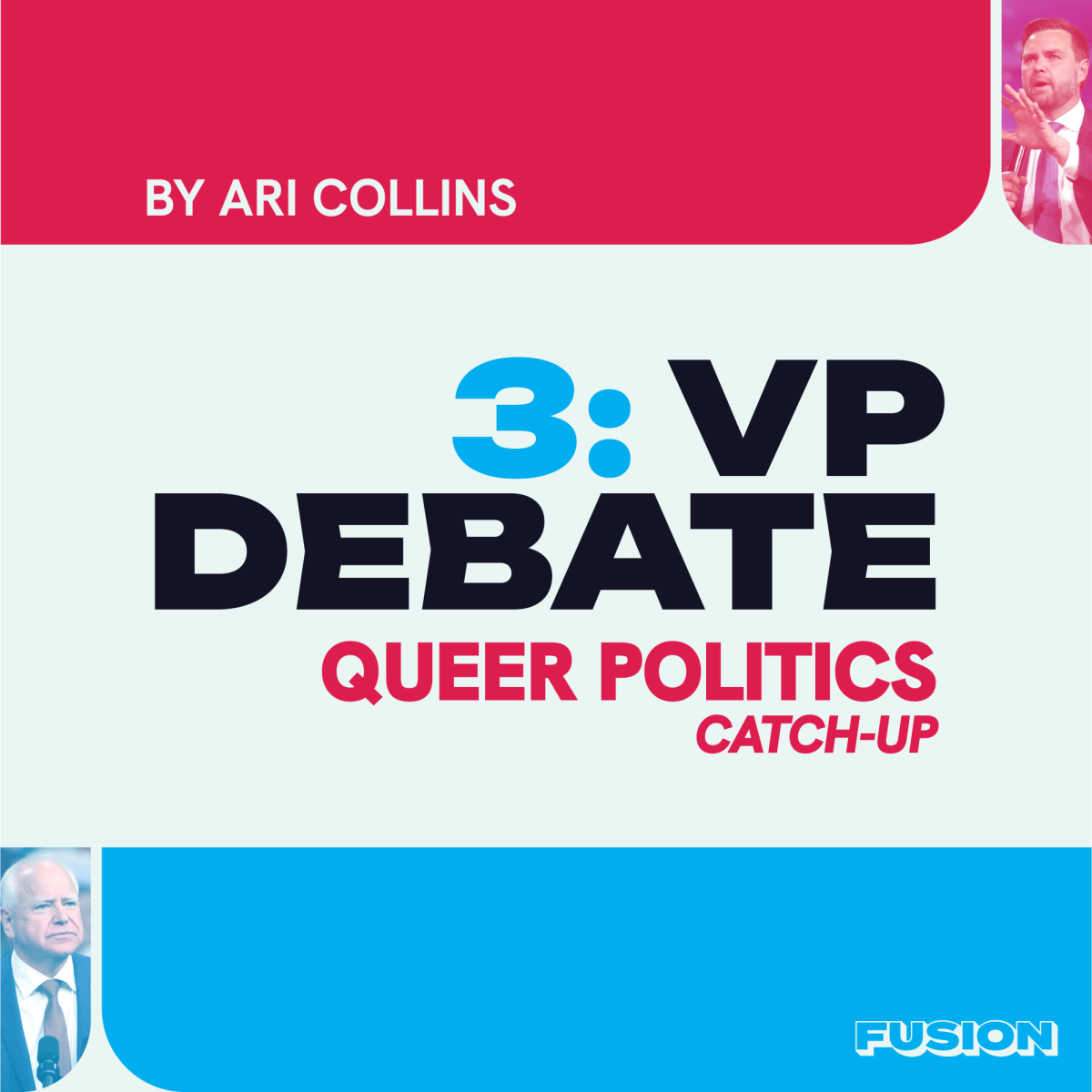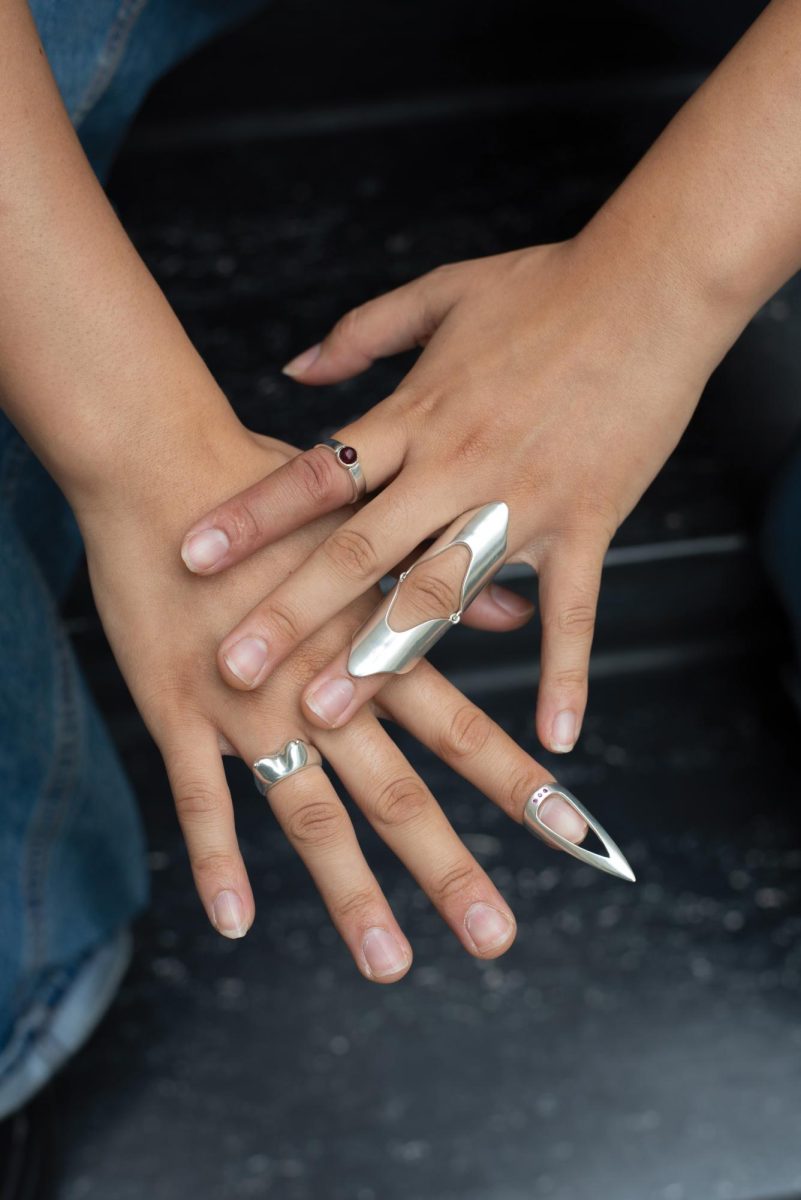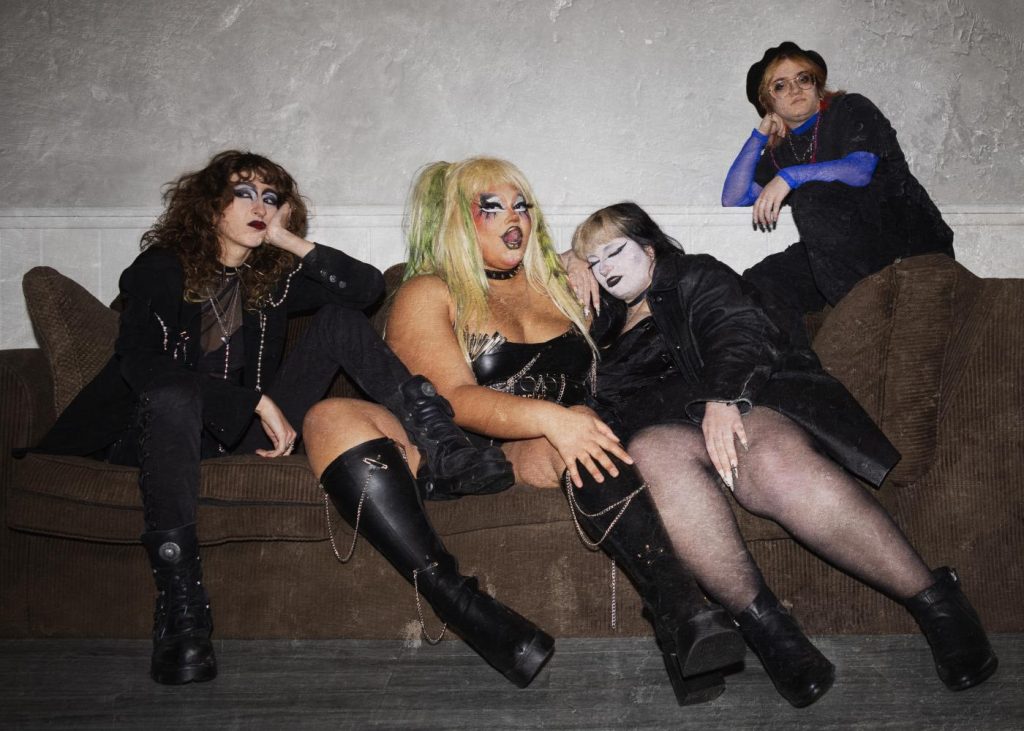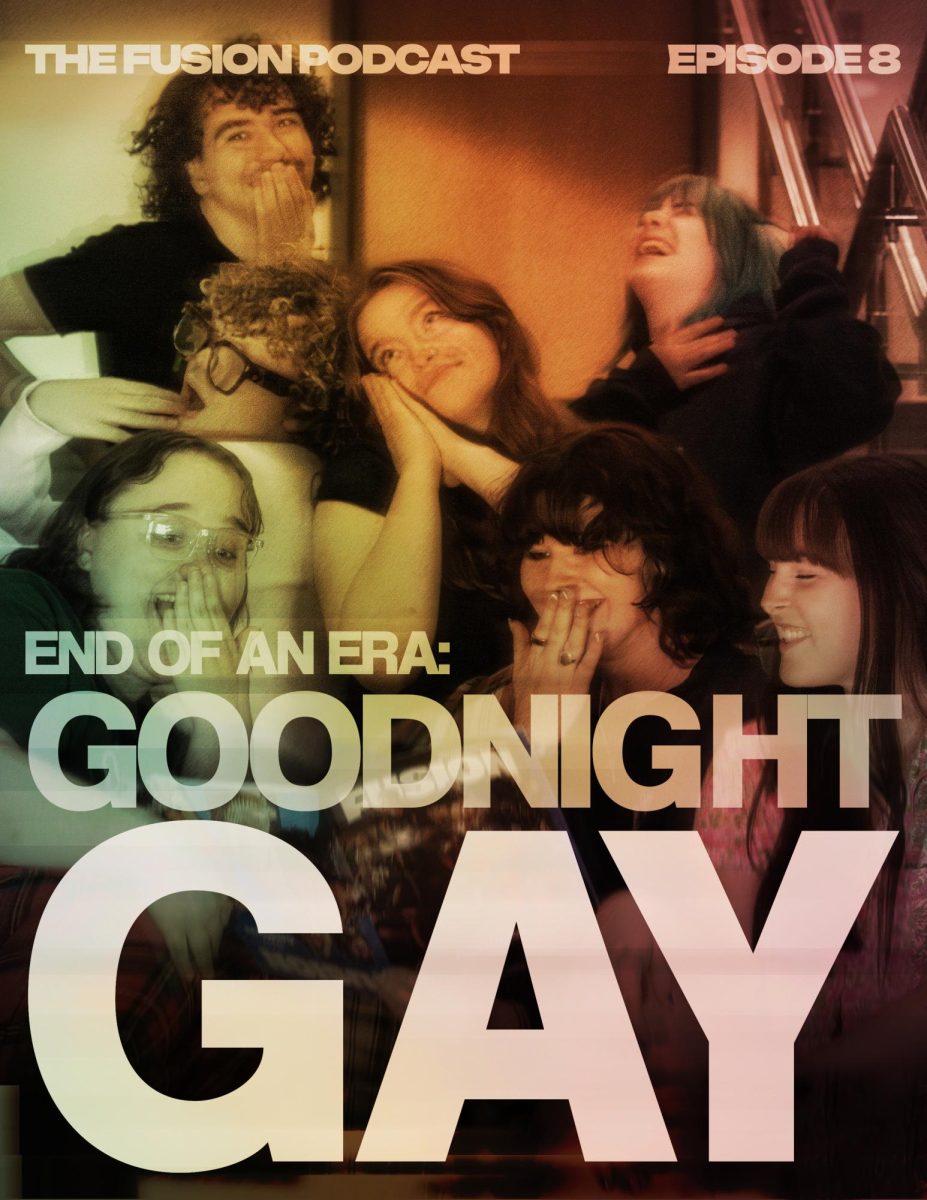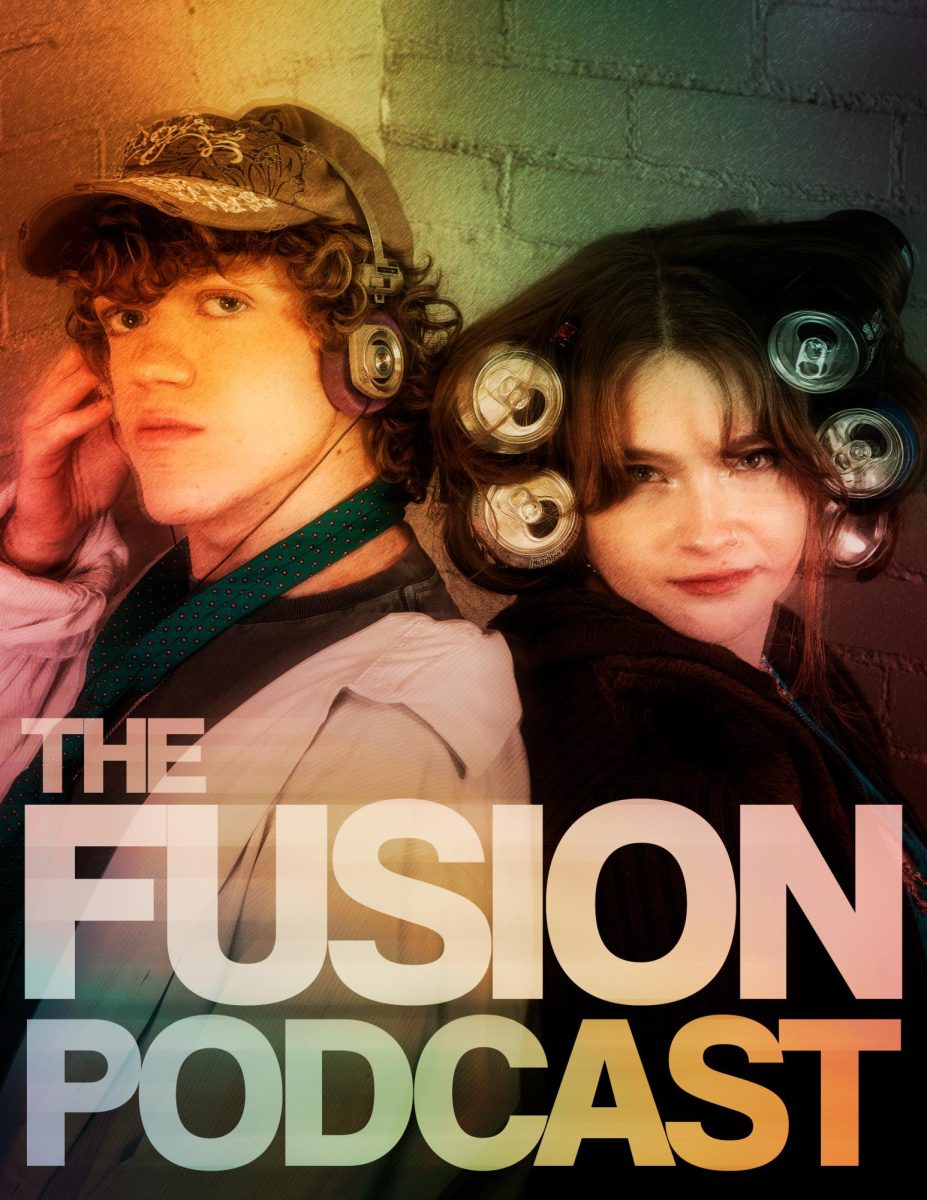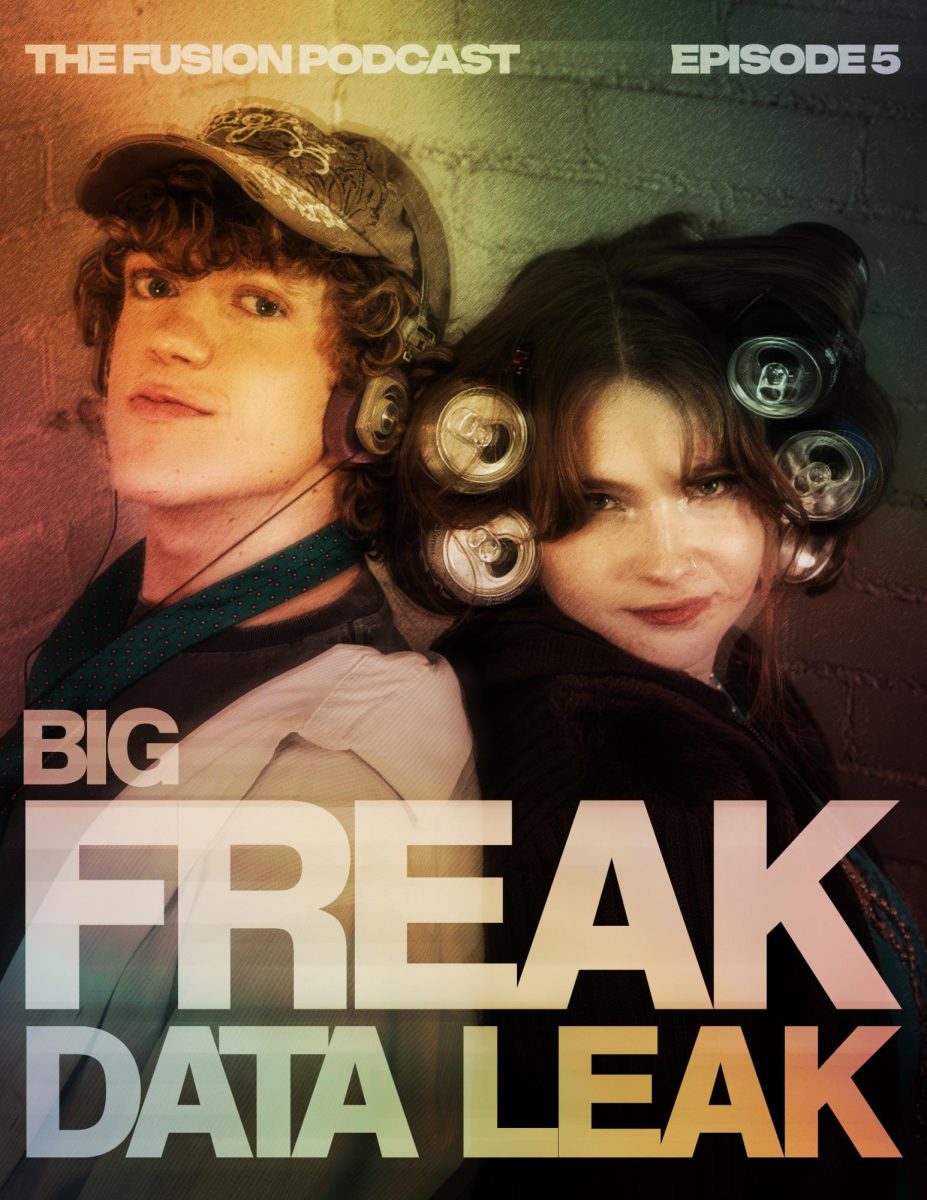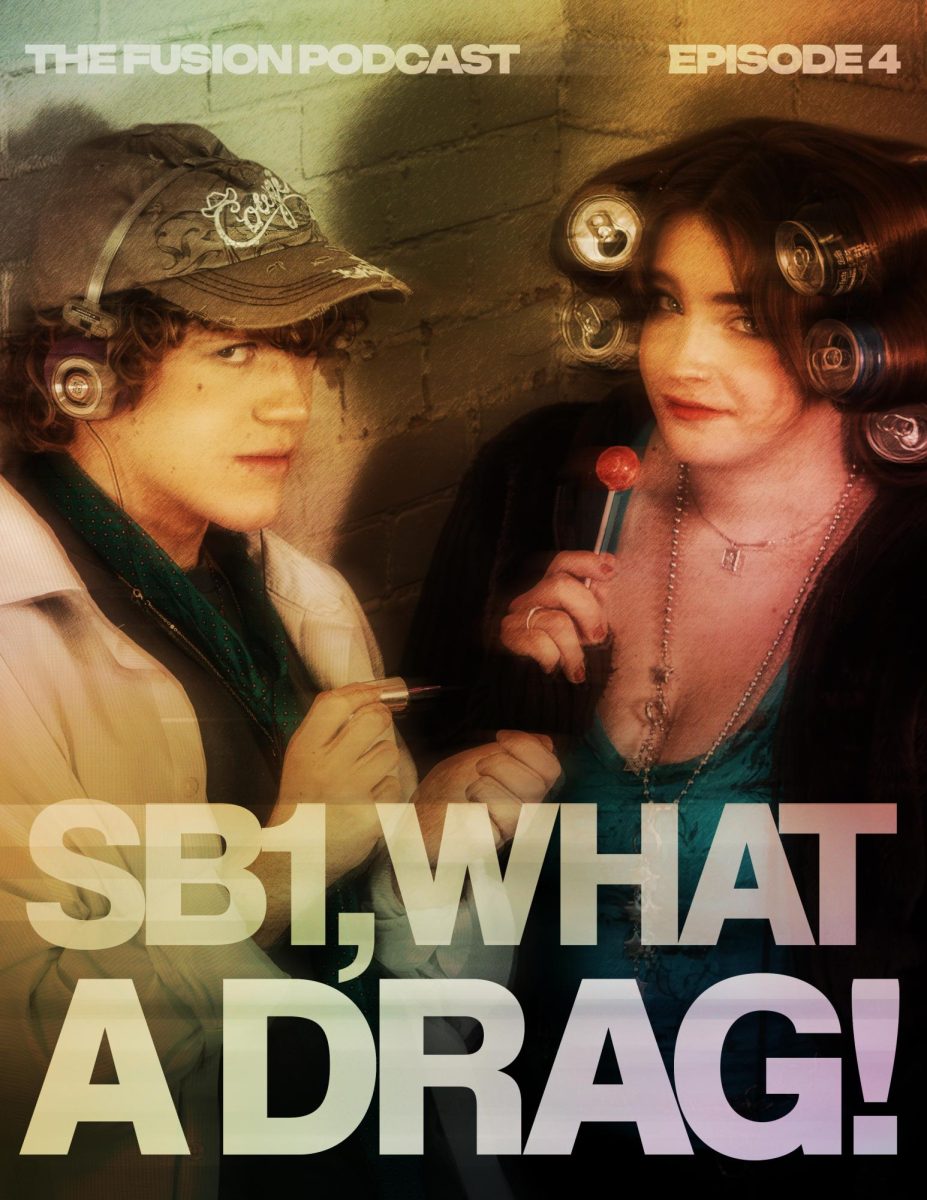Editor’s Note: MJ Eckhouse, Fusion’s Editor-in-Chief, was a part of the panel Wednesday evening as a guest of the organization.
Members of the Students for Justice in Palestine came together Wednesday evening for a panel to discuss #pinkwashing and how it relates to American society.
The purpose of the panel was to bring light to what pinkwashing is, how it not only affects Palestine but the world as a whole.
Panelists also hoped to inform students and faculty on what actions they can take to stop companies from pinkwashing and how to spread the word to other students and even celebrities to take a stand against pinkwashing and the abuse the #LGBTQ community face in the hands of Israel’s government.
The panelists were Nico Rushh, is an e-board chair for Threads, and MJ Eckhouse, the Editor-in-Chief of Fusion. They spoke about how pinkwashing relates to American Society.
For Rushh the problem with American pinkwashing is that America never wants to interfere with other countries’ treatment of the LGBTQ community but still wants to consider itself an ally.
“In America our pinkwashing is more so an international version of it,” Rushh said. “It’s like ‘we’re for the gays’ but they don’t stop other countries like ‘hey you guys aren’t doing so hot for the gay people. Fix it!’ They’re just like ‘hmm, we’re not going to do that’ and they’re being passive on it.”
Eckhouse later talked about how America still has a long way to go with their gay rights and the acceptance of the LGBTQ community in America.
“There definitely was a metaphorical hangover after gay marriage was legalized,” Eckhouse said. “It’s still legal to discriminate on the basis of sexual orientation, gender identity in the state of Ohio as well as 27 other US states. I think it has been harder and less time spent doing it then marriage equality. Marriage equality really became a lot about love, which is a great message and it’s true and that was big and there were and are financial implications of marriage equality, and visitation in the hospital, and health insurance. But it was absolutely not end all be all.”
Amanda Michalak, an alumna of Kent who graduated in the political science department and a previous member of Students for Justice in Palestine attended the event and hopes it will broaden people’s understanding of pinkwashing.
“What I hoped people took away from this event is that (pinkwashing is) not specifically a Palestine issue but you can bring Palestine into pretty much any intersectional issue,” Michalak said. “The most important thing about pinkwashing is that it’s entirely what they want it to be and it really impacts the daily lives of Palestinians, especially when their narrative is never heard.”
Nina Darden, who is a senior community based health major came to the event without any prior knowledge to what pinkwashing was but walked away with newfound knowledge and perspective on the issue at hand.
“I did not know what pinkwashing was beforehand, I’m sad I didn’t because it’s about breast cancer awareness and that’s public health all the way,” Darden said. “But I came here tonight because a lot of my friends are in SJP and I fully support all the BDS movements that they do.
Darden went on to explain why events like these are important.
“A lot of what happens in the world is we get a lot of propaganda and we take a lot of information from one source and we don’t humanize what we hear,” Darden said. “So I think people coming to events like these really humanize the stories that people tell.”
Written by Olivia Herold.



